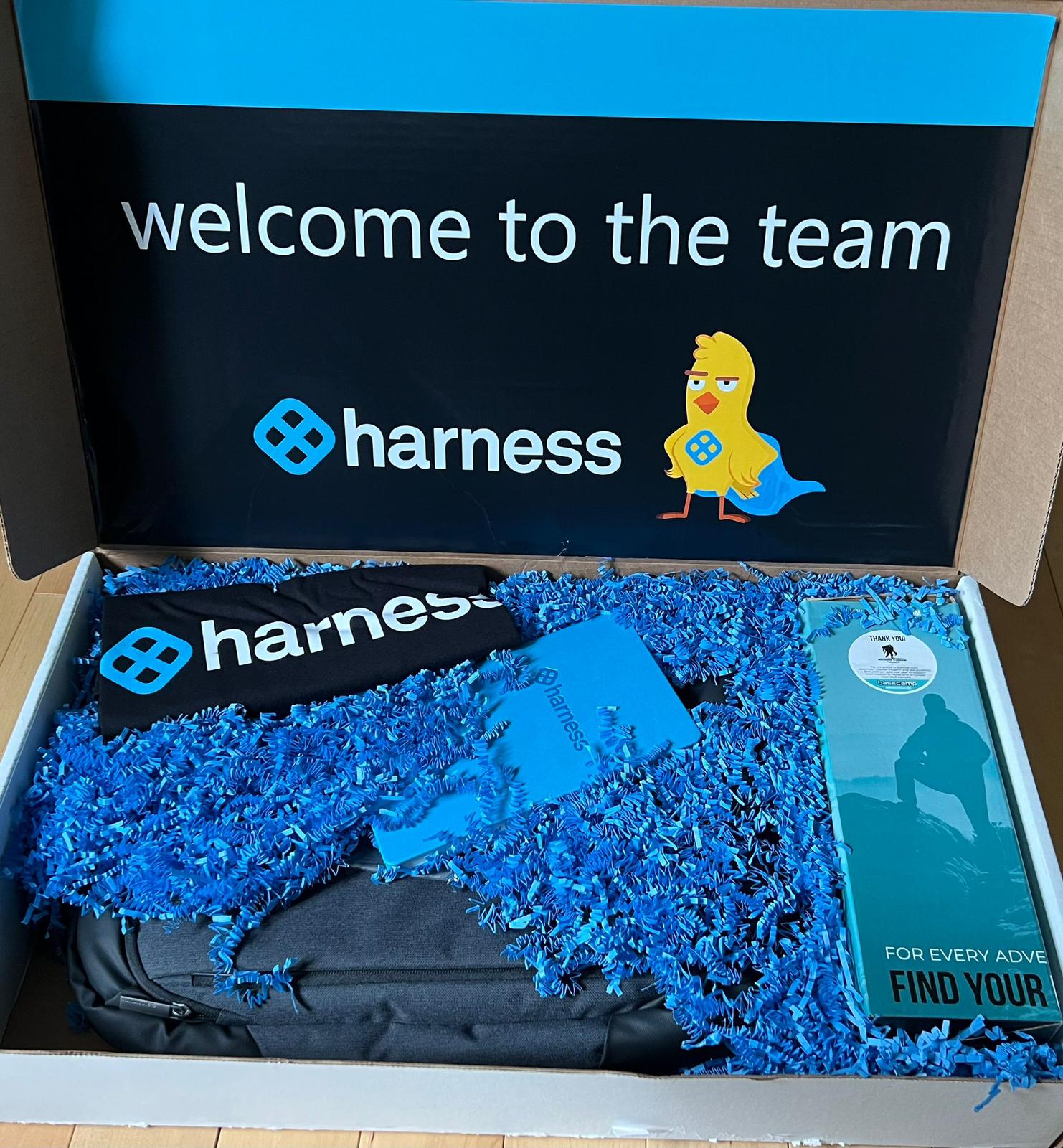MeetUps - an underrated tech job board
Are you trying to find your first job in IT? Are you trying to switch to a better (paying) tech job? If you have tried to reach out to a professional on LinkedIn for networking, you know that the response rate is often very low. In this blog, I’ll tell you a story of a secret job board that most don’t know of. Rising from the ashes after the pandemic, meetups are the best places to find your next tech job. In this blog, the terms “meetup” and “tech meetup” are used interchangeably.
What is this “meetup story”?
I’m assuming that you already know what a tech meetup is. In case you don’t, a tech meetup is an event where people from the technology industry gather to share their knowledge, network with each other, and learn from industry experts. For this blog post, I’m not referring to larger conferences with multiple speakers and workshops, rather the smaller and more informal events you see on platforms like “meetup.com”.
Meetups typically, though not always, are located in a particular geographic area, such as Newfoundland Canada or Lagos Nigeria. They also are usually free to attend, and are run by volunteers and supported by sponsors who provide space to meet and other resources.
As a meetup organizer myself and having many meetup organizers as close friends, I know first hand how challenging it is to plan and host a meetup. Besides finding a good venue and sponsors, the main challenge of a meetup organizer is finding speakers and a (decent size) audience for their next event.
If you’re a seasoned tech professional, you can offer to speak at your local meetup. Even if you’re just beginning, you might have a story to tell about your tech journey. If you’re looking to attend the meetup only and not deliver talks, it is equally appreciated by the meetup organizers. The point is, if you express an interest to get involved with a meetup, it’s always music to the ears of meetup organizers.
When trying to find a tech job, it matters who you know as well as what you know. Keep on reading and I’ll tell you how you can get to know your future manager or colleagues from these meetups.
Getting involved with a meetup
The “meetup game” comes in two modes - easy and extreme. The easy mode is getting involved with an existing meetup. The extreme mode is starting your own tech meetup from scratch. Unless there are no meetups in your area, I wouldn’t advise starting a meetup for the sole purpose of networking and finding a tech job, so I won’t discuss starting a meetup further. To find a job, you can totally join an existing meetup in your locality.
There are many ways to find tech meetups in your area. Here are a few tips:
-
Use Meetup.com: Meetup.com is a popular platform for finding and joining tech meetups in your area. You can search both by technology and location.
-
Attend conferences: Tech conferences are a great place to meet other professionals and learn about new technologies. Many conferences also have associated meetups or networking events.
-
Ask around: Ask colleagues or friends in the industry if they know of any local meetups that might be of interest.
-
Use other local resources: If there’s a local slack or discord, ask there. If there’s a local co-working space or tech accelerator, see if they know of any.
-
Use geographically focused online resources: Ask on HackerNews if anyone knows about local meetups. Search on your city or area’s reddit to see if anyone mentions a meetup.
-
Check social media: Many tech meetups use social media platforms like Twitter and LinkedIn to promote their events and share information.
But… What about virtual meetups?
The essence of tech meetups is in-person networking. The pandemic prompted a flurry of virtual meetups; just as the rest of life went virtual, so did meetups. However, I’ve attended and hosted many of these virtual meetups and they are a far cry from the interactiveness and engagement of in-person meetups. While they are great for learning from presenters, you won’t interact with the other participants that much.
Connecting with tech professionals is valuable regardless of the geography. However, in my humble opinion, the virtual medium makes networking extremely difficult. It’s hard to have casual conversations, difficult to connect, and tough to move between conversations.
What’s in it for me?
Participating in meetups has all kinds of benefits. You can learn from industry experts, network with other professionals, and most meetups provide free food/drinks (the ultimate perk). However, I made you a promise at the beginning of this blog that meetups are underrated job boards and this is the time to explain “how”.
Meetups work slightly differently than traditional job boards. In a traditional job board, hiring managers post jobs and candidates scan the board to find a suitable job. For meetups, candidates “post” themselves by actively participating and other tech professionals add mental notes about these candidates based on the skills they showcase. When there is an immediate need for that skill, I’ve seen hiring managers reach out to the speaker of a meetup immediately after the talk, exchange contacts, conduct a short interview process, and extend job offers. Even if there’s no immediate need, engineering leaders always want to add talented tech professionals in their networks and they reach out as soon as there’s an open job req.
Does it mean that only speakers at meetups get to do networking and potentially secure job offers? Absolutely not! Almost every meetup dedicates time for networking. As a participant, you have to identify tech professionals from your target industry or companies. During the networking session, you can introduce yourself, engage in thoughtful technical discussions, and request them to add you to their LinkedIn network. Your goal is to showcase your skill set. It’s a lot easier when you deliver a talk as you have the platform and all eyes are on you. However, you can also do that by effectively connecting during the networking sessions.
Like any networking effort, meetups don’t usually pay off immediately. You’re extremely unlikely to get a job offer after the first attendance. But, as you build up connections and more and more people know who you are and what you can offer, you’re increasing the odds of matching an open role at a company where you already have someone who can confirm your skills and fit.
Making the most out of a meetup
If you’re joining a meetup to find your next tech job, here are my tips:
-
Be open to learning: Even if you’re an experienced developer, there’s always something new to learn. Don’t let your ego come in the way of learning.
-
Don’t pitch your company or product: People do not spend their evenings getting product pitches. An easy way to never get invited to a meetup (or to not be invited back) is by treating every other meetup attendee as a prospect.
-
Do effective networking: Don’t be afraid to introduce yourself to others and strike up a conversation. But don’t start the conversation with a stranger this way: “are you guys hiring right now?” Effective networking starts with finding a common ground and building a relationship based on that common ground. For tech meetups, that common ground is technology. For example, for a ruby meetup, you might start a discussion on unit testing in ruby. As you connect with professionals and build a relationship, there will be a time to discuss job opportunities. The only time you can start the conversation by asking about open jobs is if you’re at an actual career fair.
-
Follow up: If you meet someone interesting at a tech meetup, be sure to follow up with them after the event to keep the conversation going. The level of follow up depends on the strength of the connection. In increasing order of commitment, might include connecting on LinkedIn, exchanging emails on the topic of discussion, hopping on a phone or video call, or meeting in person for coffee.
-
Consider volunteering: From helping to find sponsors to setting up chairs to ordering food, there are many ways you can volunteer at a meetup. Almost every meetup I know is short-staffed and they appreciate anyone who volunteers. You can volunteer to do pre meetup prep like speaker logistics or can help during the meetup like setting up chairs, breaking them down, carrying food, etc. If I see someone volunteering at my meetup, I make a mental note of their kindness and make an active effort to repay the favor (sometimes that’s connecting them with folks who are hiring :) ).
In this blog, I covered a brief overview of meetups, the value they provide, and how you can get involved to help the community as well as take your tech career one step forward. If you ever plan to visit the East coast of Canada, I welcome you to join the Atlantic Canada Tech Meetup for some great talks, solid networking, and delicious food.




